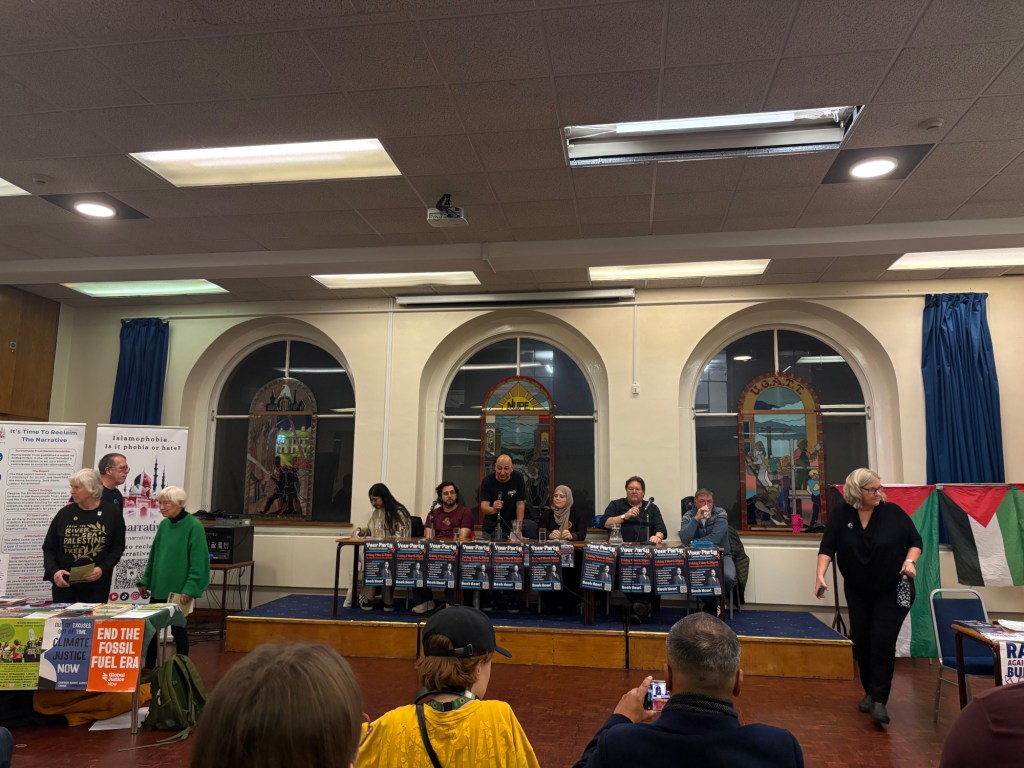
Like our former ambassador to the United States, Lord Mandelson, I was once vetted by the security services. My brush with the spooks started, as in a Cold War spy novel, with a meeting on a bench in St James’s Park after a distinguished foreign policy wonk of my acquaintance had suggested lunch.
As the weather was fine, we decided to pick up sandwiches from the café and sit admiring the pelicans. The diplomat explained the Foreign Office was scouting for new blood for the Policy Planning Staff. I was at the Financial Times and had never knowingly had a blue-sky thought in my life but this sounded… different.
The sun shone. Ducks splashed. Tourists wandered past, photographing squirrels. I took a swig from my Coke as I considered a year on secondment at the FCO and, as I did so, I realised something solid had entered my mouth.
My lunch date was continuing to expound on the purpose of Planners. ‘Thinking the unthinkable,’ he was saying, ‘and going to Brussels for regular meetings of European Planning Staff.’ Meanwhile, a large bee was thrashing away. Spit or swallow?
‘Excuse me,’ I interrupted him, and spat the bee on the grass in front of us. We both carried on as if nothing had happened. I described the scene later. ‘Are you sure this wasn’t a test for MI6, not Planning Staff?’ my boyfriend asked. Ha! I was as champion a gossip then as I am now (I’ve just been nominated ‘the capital’s most comprehensive gossip’, by the Fence magazine. Apparently I know ‘every dirty secret about every politician in London’). I would have made either the worst – or the best – spy in the world.
Anyway, a few months later, I joined Planners. I was issued with a navy diplomatic passport. I had my own office over Horse Guards Parade, with a tall corner cabinet into which I was supposed to lock all papers at the end of the day. It was forbidden to close your office door or take any papers out of the building. It was also mandatory to be vetted by MI5. The other day, as it happens, I found my contemporaneous notes of the day, written afterwards in longhand.
It was March, and I’d made my way to a shabby, overheated room in Matthew Parker Street. There were shredders in the corner and stickers over the telephones. ‘A clear desk is a clear conscience,’ one sign said. Another asked: ‘Who is listening?’ For two hours, three humourless ex-servicemen interrogated me with considerable suspicion.
‘A clear desk is a clear conscience,’ one sign said. Another asked: ‘Who is listening?’
I was given extracts of two Acts and made to read them both, twice: the Official Secrets Act, and one concerning ‘comint/sigint’ (i.e. communications and signals intelligence). I was told that if I was cleared, I’d be listed to read GCHQ traffic; telegrams from the US security services; and those from ‘the friends’, i.e. our security services, but I must never refer to them. My clearance would be to Top Secret (the one below the highest in the hierarchy of protective markings, STRAP).
I was making notes (you can take the girl out of Fleet Street, etc), when one of the retired agents barked: ‘Why are you writing? Put your pen down!’ He told me the briefing itself was secret. I couldn’t remove papers from the room unless I handed them to my ‘keyholder’ to place in my ‘secure cupboard’.
We were told the countries we could now not visit ‘in case we were kidnapped and interrogated’ and forced to reveal any state secrets we’d had sight of: Russia, China. Others we could only visit with permission: among them Hungary, Poland, Bulgaria, the Czech Republic (this was the 1990s).
For another hour I was asked about my finances, my sex life, my family, my non-existent pornography habits. All boringly vanilla. After a brief warning lecture about ‘that awful man Peter Wright’ – Wright had worked for MI5 and co-wrote the bestselling exposé Spycatcher and his name was therefore the darkest mud – I signed both Acts and left. And that was that.
I’ve been puzzling over the reaction to l’affaire Mandelson given this experience. Many – both in parliament and the media – have huffed about how the appointment ‘raises serious questions about our vetting and security processes’, as Emily Thorn-berry, the chair of the Foreign Affairs committee, put it.
What rubbish! When it came to Petie (as Jeffrey Epstein called Mandelson) almost all the kompromat was out there. Everyone knew Mandy was best pals with Epstein. It was in plain sight – as were the rest of the Prince of Darkness’s weaknesses. His strengths, his highs, his lows, his ups, his downs, were the most known of knowns even before the latest emails were published.

By the way, I’m not the only Johnson who has been vetted. As my father has revealed in the first volume of his autobiography, Stanley I Presume?, he was also vetted when recruited into ‘the officially nonexistent organisation, which I believe I may still not be allowed to name’ after someone suggested he pop over to Carlton House Terrace to meet a pinstriped gentleman on the promise of receiving ‘the most intensive training in clandestine techniques known to man’.
My brother Boris, however, has never been vetted. And this is why. There is a protection in place – ‘a form of Wilson doctrine’, as my bro put it, after the lingering question mark over where the late Labour PM’s heart really lay – that stops politicians from being fitted up by state overreach.
This means that while appointed mandarins and pooh-bahs and even part-time Planners have to go through the Whitehall wringer and be vetted, those who are elected do not, for this very good reason.
Civil servants and appointees must be tested for soundness. But ministers of the Crown earn their access to secrets via constitutional trust. They derive the benefit of any doubt from the ballot box.
Give or take the odd bad apple, I’d say the system works. This is why Thornberry knows – but won’t say – that Mandelson’s last appointment was a lapse not in vetting but judgment. I’d love to tell you more about my year in Planners but I’ve signed the OSA, a lifelong oath, and a Johnson always keeps their word.








Comments